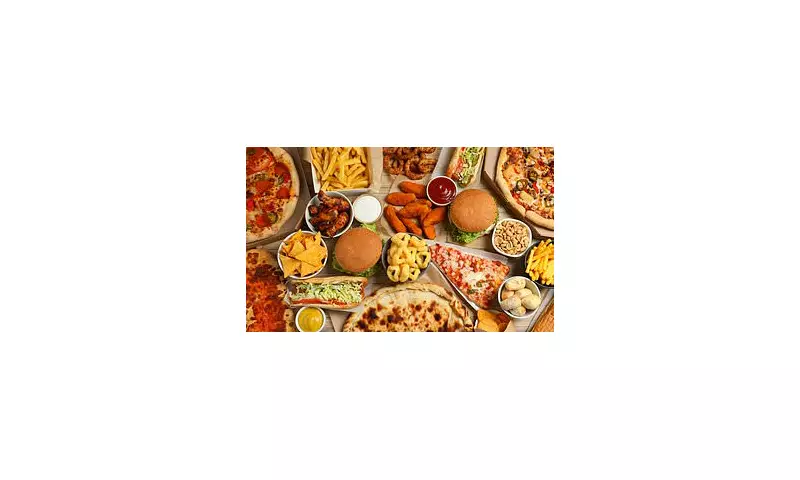
Britain's Vegetable Crisis Reaches Critical Level
Alarming new data reveals that vegetable consumption in Britain has plummeted to its lowest point in half a century, with experts warning of serious consequences for the nation's health. The average person now consumes just 1kg of fresh and processed vegetables weekly, excluding potatoes, according to the annual family food survey conducted by the Department for Environment, Food and Rural Affairs.
The Dramatic Shift in Eating Habits
This represents a significant 12% decline since 1974, when the survey began and Britons were consuming 1.2kg of vegetables weekly. The research highlights a fundamental transformation in British eating patterns, with traditional staples being replaced by convenience foods and ultra-processed alternatives.
Back in the 1970s, British diets featured substantial amounts of cabbage, Brussels sprouts, cauliflower and peas. Today, consumption patterns have shifted toward courgettes, cucumbers and mushrooms, which are now more popular than ever before.
The data has triggered widespread concern among health campaigners, nutritionists and prominent chefs. Celebrity chef Jamie Oliver issued a stark warning, stating that Britain is simply 'not eating enough of the good stuff'. He emphasised the growing disconnect between people and their food sources, remarking: 'I've always said the further away we are from the mud and soil, the sicker we are.'
The Ultra-Processed Food Epidemic
Recent scientific research published in The Lancet adds weight to these concerns, identifying ultra-processed foods (UPFs) as a primary driver of what they term a 'chronic disease pandemic' linked to poor dietary choices. A coalition of 43 scientists and researchers collaborated on the study, concluding that UPFs are systematically displacing fresh foods and meals, thereby degrading overall diet quality and contributing to multiple chronic health conditions.
The family food survey provides compelling evidence of this shift, showing that compared to 1974 levels:
- Crisp consumption has increased by 200%
- Ice cream intake has risen by 430%
- Pizza consumption has grown by 177%
Nichola Ludlam-Raine, commenting on the findings, noted: 'The dramatic fall in traditional British vegetables like peas, beans, sprouts and swede suggests a shift away from the basics of home cooking. Ready meals, crisps, chocolate bars and ice-cream have become far more accessible, aggressively marketed and engineered to be highly palatable.'
Rethinking Nutritional Guidelines
Jamie Oliver has called for an update to longstanding nutritional advice, arguing that the familiar five-a-day target has become outdated. He advocates for seven to ten portions of fruit and vegetables daily to achieve meaningful improvements in preventing diet-related diseases such as type 2 diabetes, cardiovascular conditions and certain cancers.
Ultra-processed foods typically contain excessive levels of saturated fat, salt, sugar and artificial additives, leaving insufficient room in people's diets for nutritionally valuable foods. Common UPFs include ice cream, processed meats, mass-produced bread, many breakfast cereals, biscuits, ready meals and fizzy drinks.
Oliver stressed the importance of reconnecting children with food sources, stating: 'We need to make sure our next generation of kids are in the soil, growing, learning about where their food comes from and packing their plates full of delicious, nutritious veg-fuelled food.'
This comprehensive analysis of British eating habits serves as a crucial wake-up call for policymakers, health professionals and families alike, highlighting the urgent need to address the nation's deteriorating relationship with fresh, wholesome food.






